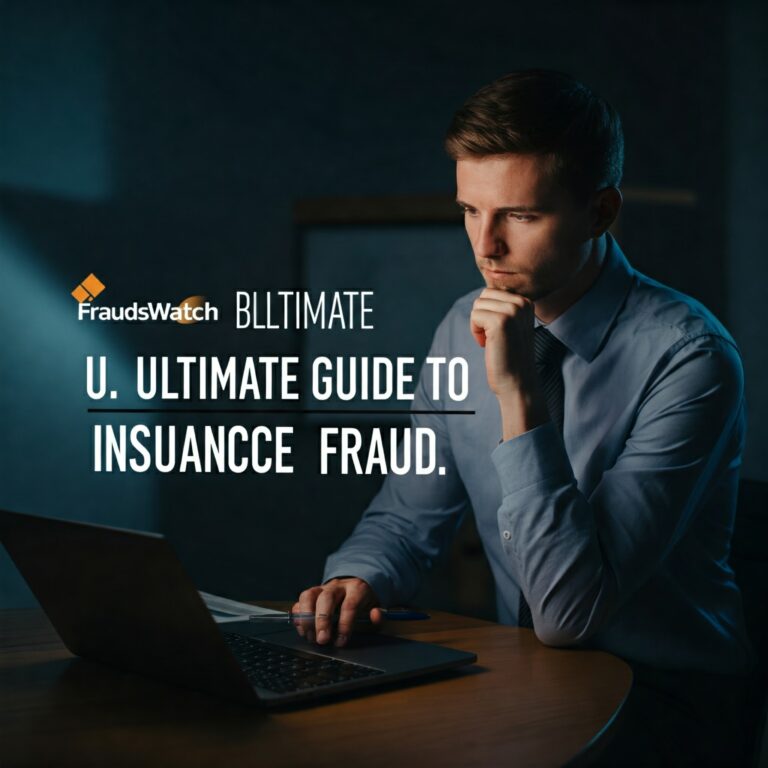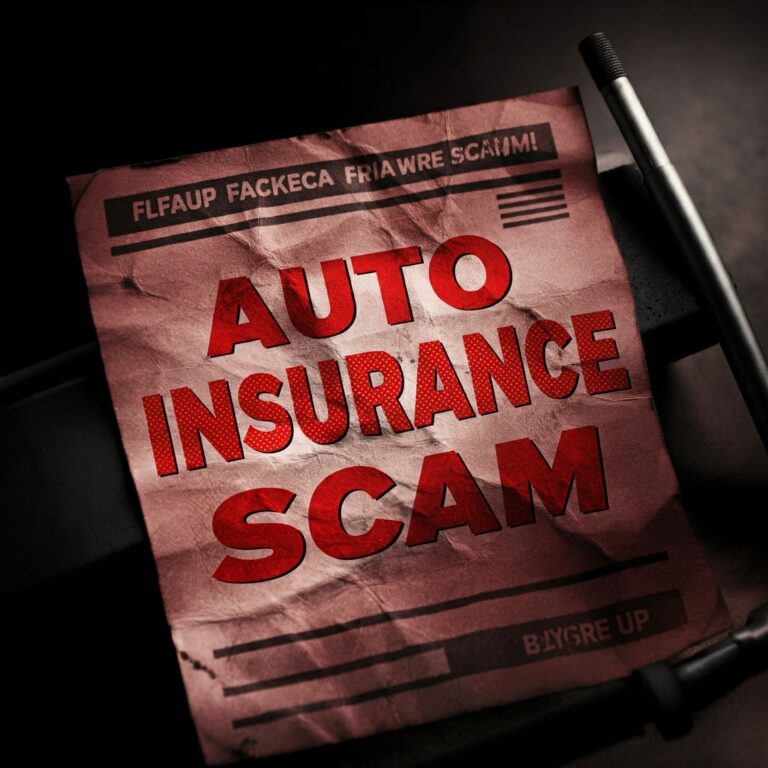The Ultimate Guide to Preventing Insurance Fraud: Stay Safe and Save Money
Let’s be honest, insurance isn’t always the most exciting topic. But what is exciting is saving money and avoiding…

Let’s be honest, insurance isn’t always the most exciting topic. But what is exciting is saving money and avoiding…

Did you commit fraud when you bought car insurance? Americans might agree that auto insurance companies aren’t perfect in…

How to buy a new or used car, and how to do an Auto Insurance Quotes Online without being…